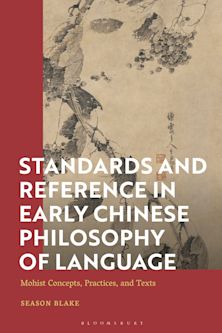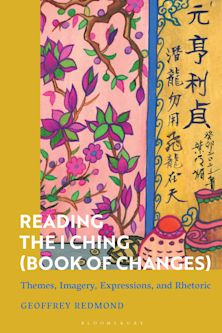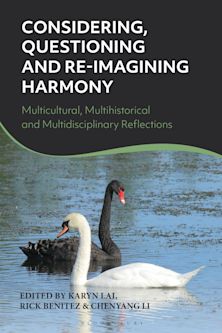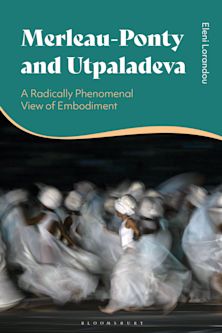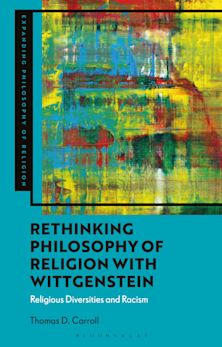- Home
- ACADEMIC
- Philosophy
- Cross-Cultural Philosophy
- East and West
This product is usually dispatched within 1 week
- Delivery and returns info
-
Free US delivery on orders $35 or over
You must sign in to add this item to your wishlist. Please sign in or create an account
Description
This book is an analysis of an Iranian philosopher’s engagement with a British philosopher. The author compares the ideas of these philosophers within the context of European and Iranian intellectual traditions. This is the first book of its kind, as no one has yet looked at Allama Jafari’s thought in relation to Sir Bertrand Russell’s. East and West will be a useful work for anyone who is interested in comparative philosophical and sociological studies.
Table of Contents
Introduction
Chapter 1: Relocating the Parameters of Comparative Philosophy
Chapter 2: Sir Bertrand Russell in a Snapshot
Methodic Doubt
Incommensurability Revisited
Philosophy: What’s in a Name?
Religion and Philosophical Problematiques
Russell and Religion
On Religion and Founders of Religion
Chapter 3: The Global Future of Religion
Intellectuals versus Sages
Non-discursive Historiography of Intellectual History
Religion and Eurocentrism in Russellian Paradigm
Religion and the Question of Nihilism
Revelation and Intellect
The Roots of Religion
Religion and Philosophical Inquiry
The Permanent Phenomena
The Transitory Phenomena
Criterion of Distinction
The Global Future of Religion
Epilogue
References
Product details
| Published | Jul 11 2013 |
|---|---|
| Format | Hardback |
| Edition | 1st |
| Extent | 106 |
| ISBN | 9780761860822 |
| Imprint | University Press of America |
| Dimensions | 9 x 6 inches |
| Publisher | Bloomsbury Publishing |
About the contributors
Reviews
-
Seyed Javad Miri points out that there remains a need for comparative philosophy within the modern world—an examination of the commitments, assumptions, worldviews, and lifeworlds [of both parties]. . . . [This will serve] to clear a path of demystification so that people of different societies and backgrounds may enter into a civil dialogue, discourse, and debate so as not to ‘win’ over the opponent, but to gain the understanding of a friend.
Dustin J. Byrd, professor of humanities, Western Michigan University














